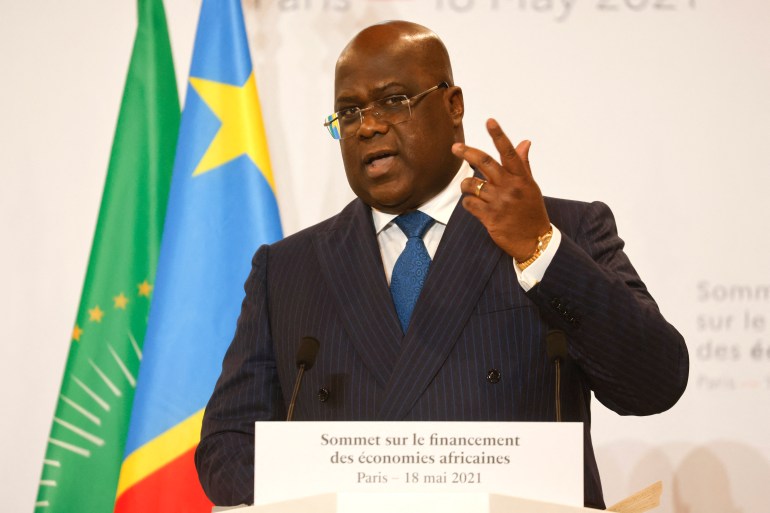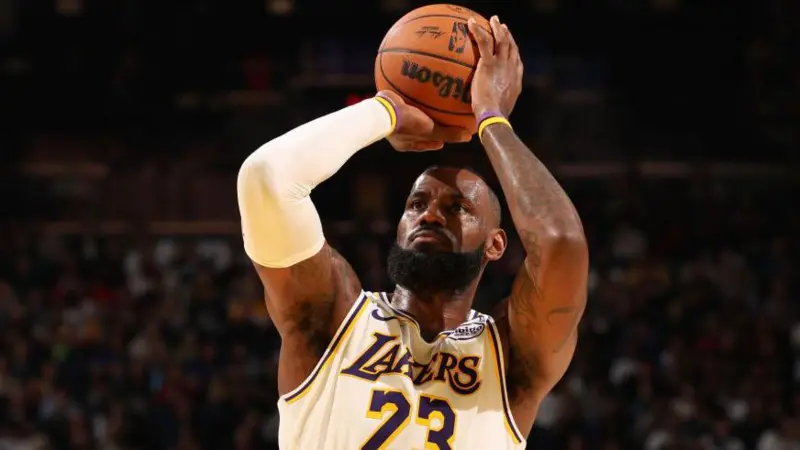DRC schedules presidential elections for Dec 2023 amid M23 unrest
The election, expected to cost $600m, comes amid ongoing violence by M23 rebels in the restive eastern region.

The Democratic Republic of the Congo has said it will hold presidential and parliamentary elections on December 20, 2023, kicking off a year of complex preparations in the vast Central African country, large parts of which have been overrun by armed groups.
Announcing the date at a ceremony in Kinshasa on Saturday, the Independent National Electoral Commission (CENI), outlined several challenges including the logistics of transporting ballot materials thousands of kilometres, health concerns about Ebola and COVID-19, and unrest that has forced hundreds of thousands to flee their homes.
But the government has pledged to stick to the timetable in the country of 80 million people.
“It is not a question of negotiating with the constitutional deadlines, it is a question of us respecting them and consolidating our democracy,” said government spokesman Patrick Muyaya.
He said that the election would cost about $600m, more than $450m of which has already been budgeted.
Electoral upheavals are common in the DRC. The last presidential poll, its first democratic transition, was delayed by two years until it was finally held in December 2018. In that vote, President Felix Tshisekedi took over from his longstanding predecessor Joseph Kabila.
This time, similar challenges remain.
Candidates are expected to be announced next October, with a final list due in November. Tshisekedi is expected to run again and one likely challenger is Martin Fayulu, who claimed victory in the 2018 poll.
Presidents are limited to two terms under Congolese law.
Despite billions of dollars spent on one of the United Nations’ largest peacekeeping forces, more than 120 armed groups continue to operate across the east, including M23 rebels, which the DRC has repeatedly accused Rwanda of supporting. Kigali denies the accusations, even though a panel of UN experts said there was evidence to the contrary.
The M23 group has staged a sweeping offensive this year, seizing territory and forcing thousands of people from their homes.
- Al Jazeera







